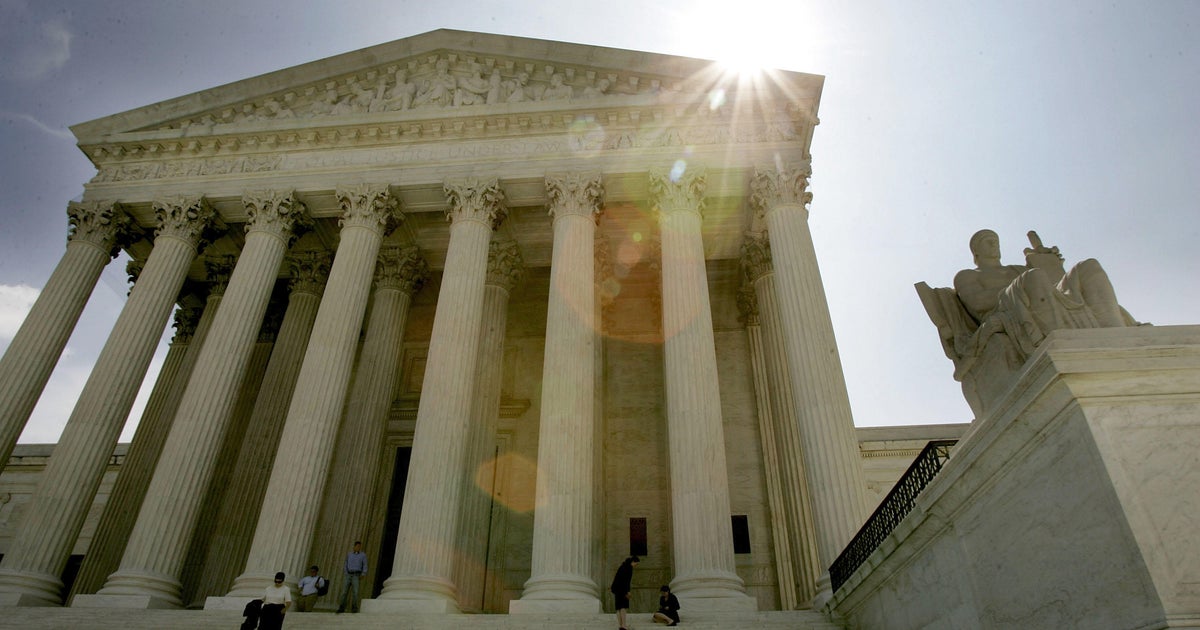Russia responds to U.S. sanctions over hacking
MOSCOW -- Russian President Vladimir Putin said Friday that his country would not expel U.S. diplomats in response to a new round of U.S. sanctions.
In a statement, Putin called the American sanctions a “provocation” and “aimed at undermining the future of Russian-American relations.” He said he would wait to see what Donald Trump’s administration does once the president-elect takes office on January 20.
The United States was unleashing a string of punitive measures against Russia amid allegations that it engaged in cyber-meddling in the U.S. presidential campaign, putting pressure on President-elect Donald Trump not to let Moscow off the hook after he takes office.
The Russian foreign ministry had recommended the expulsion of 35 U.S. diplomats on Friday as Russian Prime Minister Dmitry Medvedev took to social media to charge that Washington had become immersed in “anti-Russian death throes.”
Russian Foreign Minister Sergey Lavrov said in televised remarks that he had also suggested Putin bar American diplomats from using their summer retreat on the outskirts of Moscow and a warehouse south of Moscow.
Medvedev, who focused on improving U.S.-Russia ties when he was president from 2008-2012, called the latest diplomatic breach “sad” in a Twitter post.
“It is regrettable that the Obama administration, which started out by restoring our ties, is ending its term in an anti-Russia agony. RIP,” Medvedev wrote on his official Facebook page.
“We, of course, cannot leave these tricks [new US sanctions against Russia] unanswered. Reciprocity is the law of diplomacy and foreign relations,” Lavrov said.
Russia’s government continued to deny U.S. accusations that it hacked and stole emails to try to help Trump win.
Trump said the U.S. should move on, but in a sign he was no longer totally brushing off the allegations, he said he planned to meet with U.S. intelligence leaders next week to learn more.
President Barack Obama on Thursday sanctioned the GRU and FSB, leading Russian intelligence agencies the U.S. said were involved. In an elaborately coordinated response by at least five federal agencies, the Obama administration also sought to expose Russia’s cyber tactics with a detailed technical report and hinted it might still launch a covert counterattack.
“All Americans should be alarmed by Russia’s actions,” said Obama, who was vacationing in Hawaii. He added, “Such activities have consequences.”
He said the response wasn’t over and the U.S. could take further, covert action - a thinly veiled reference to a counterstrike in cyberspace the U.S. has been considering.
Yet the sanctions could easily be pulled back by Trump, who has insisted that Obama and Democrats are merely attempting to delegitimize his election.
As part of the punishment leveled against Moscow, the U.S. kicked out 35 Russian diplomats, in response to Russia’s harassment of U.S. diplomats. They also shut down Russian recreational compounds in New York and Maryland that U.S. officials said were being used for intelligence.
It was the strongest action the Obama administration has taken to date to retaliate for a cyberattack, and more comprehensive than last year’s sanctions on North Korea after it hacked Sony Pictures Entertainment. The new penalties add to existing U.S. sanctions over Russia’s actions in Ukraine, which have impaired Russia’s economy but had limited impact on President Vladimir Putin’s behavior.
Russia called the penalties a clumsy yet aggressive attempt to “harm Russian-American ties.” Putin spokesman Dmitry Peskov said Russia would take into account the fact that Trump will soon replace Obama as it drafts retaliatory measures.
U.S. relations with Russia have suffered during Obama’s years in office as he and Putin tussled over Ukraine, Edward Snowden and Russia’s support for Syrian President Bashar Assad.



